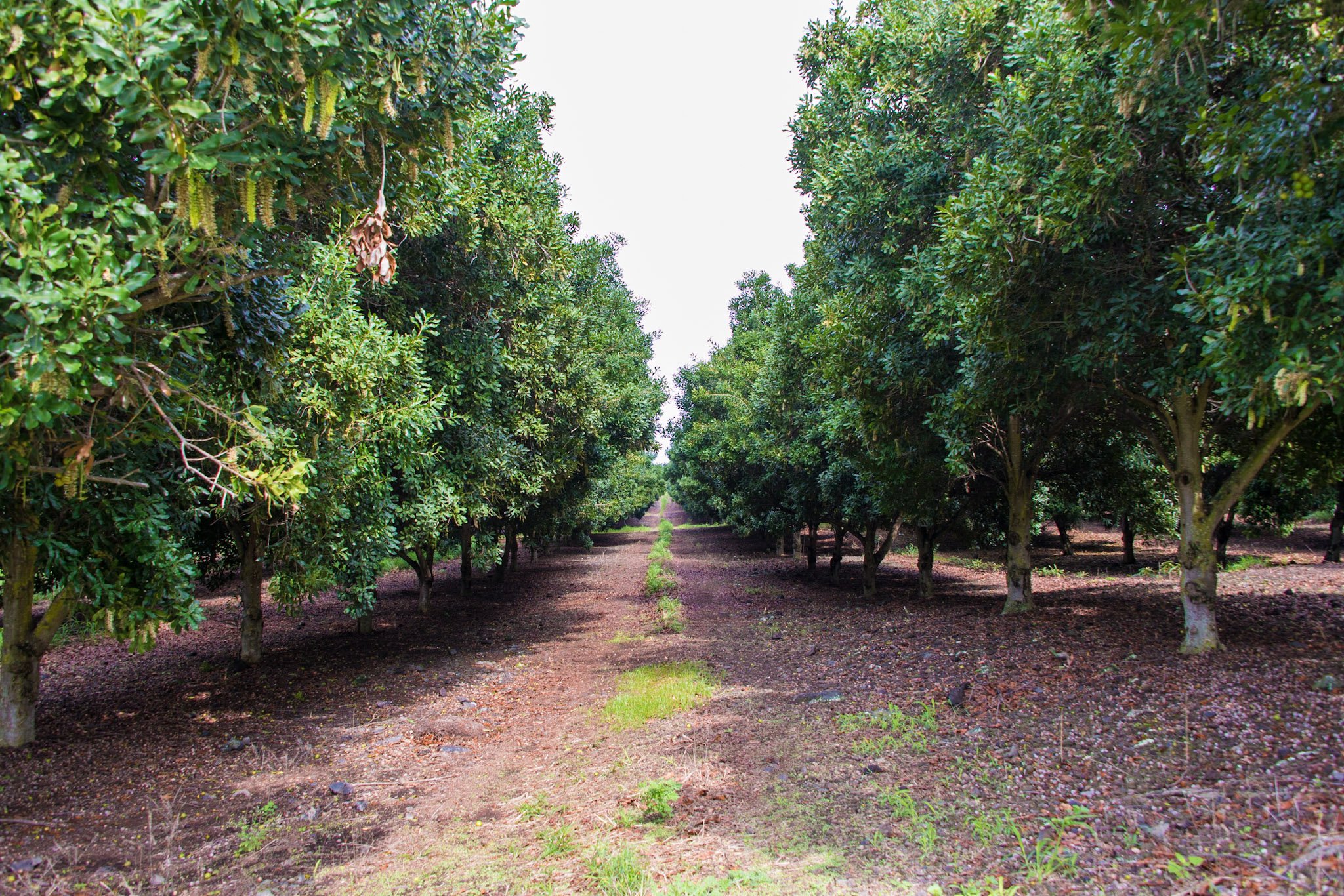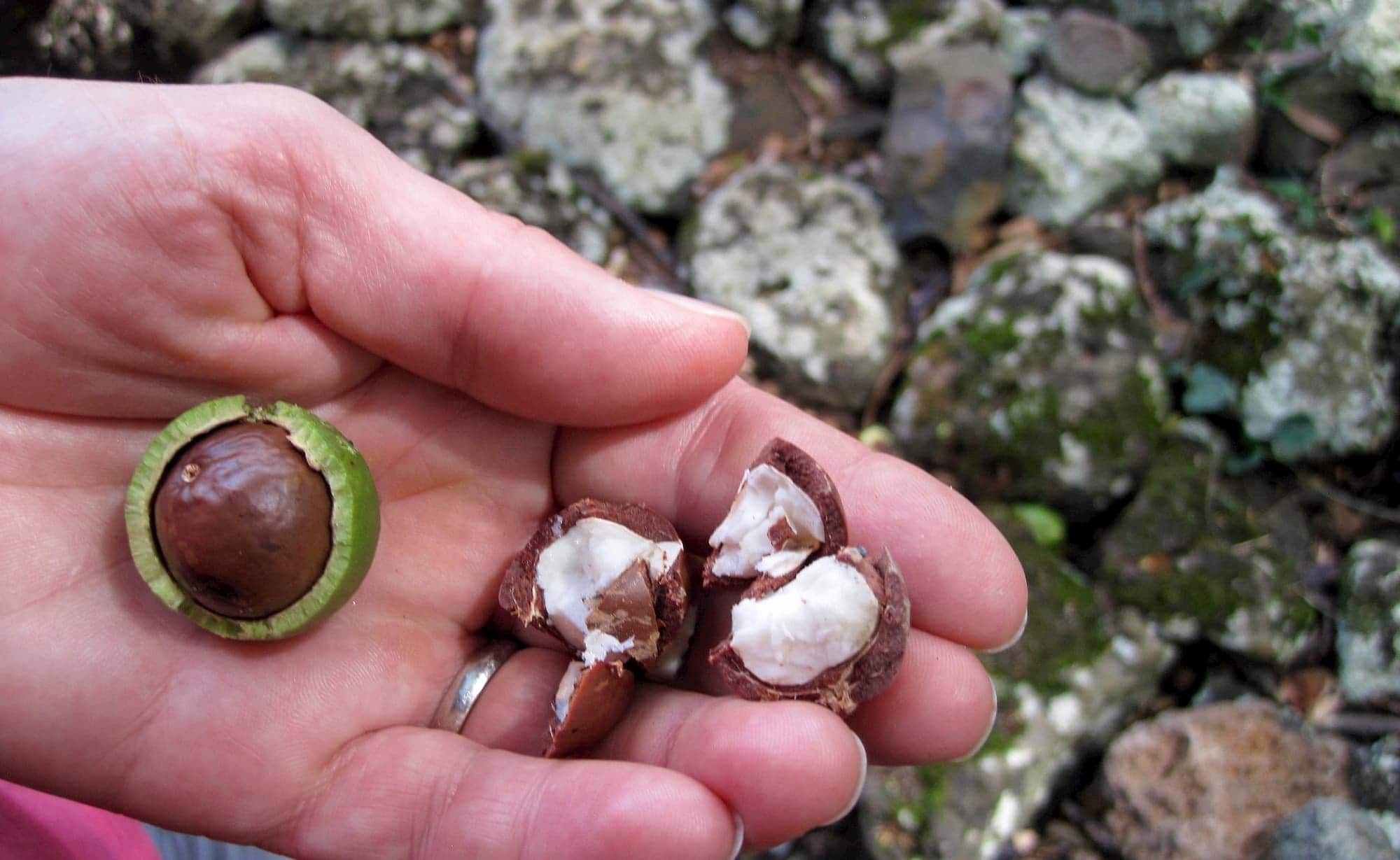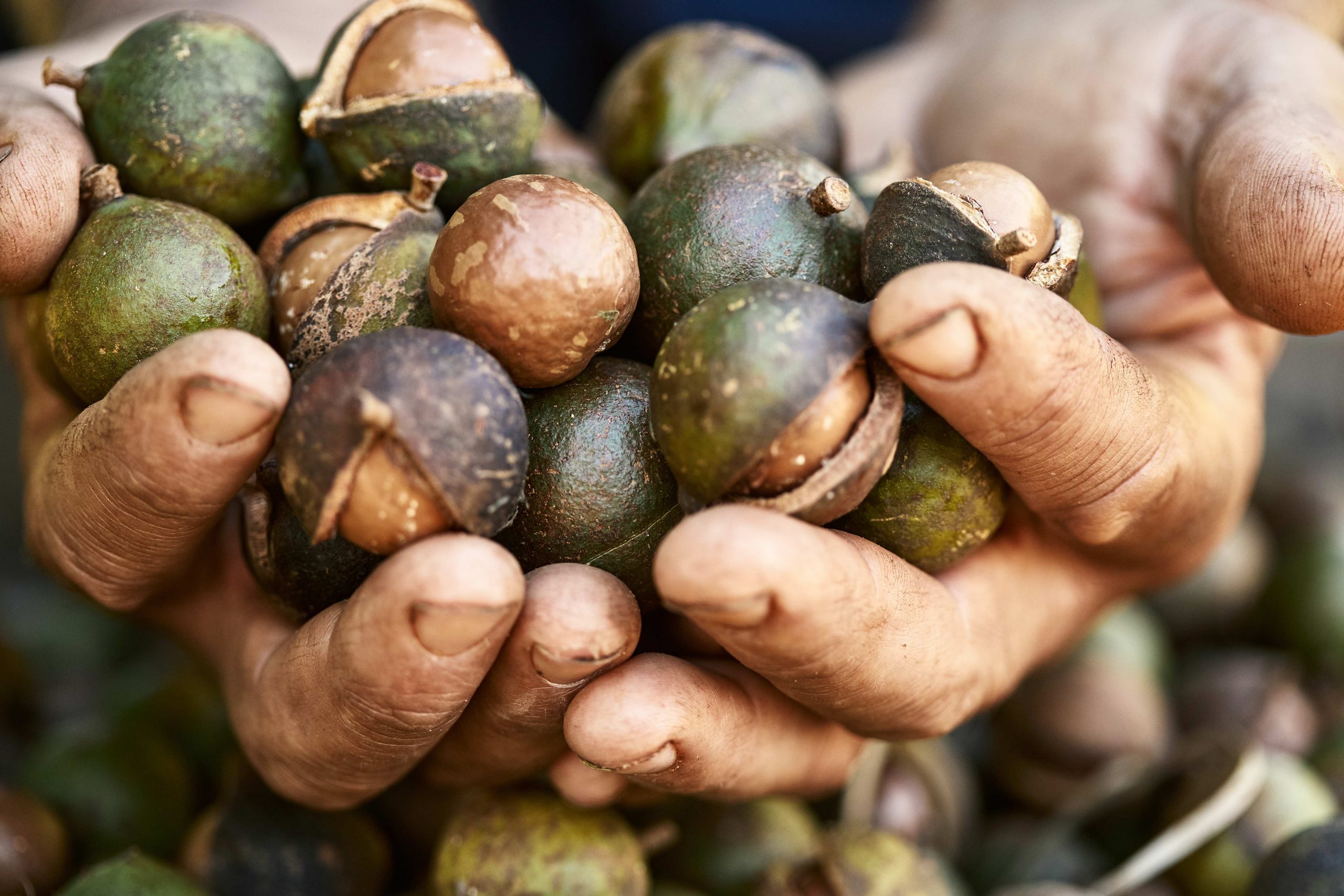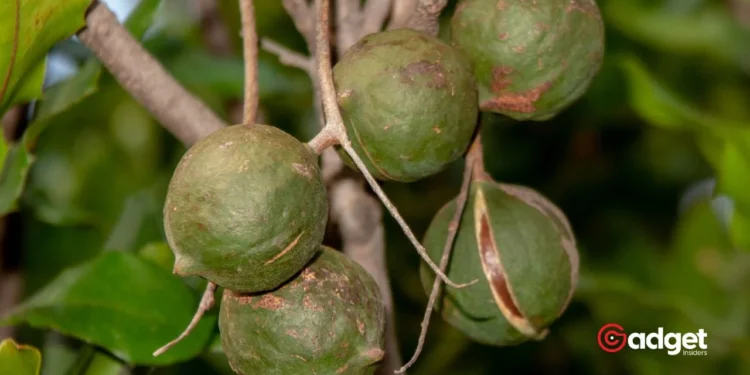In the lush landscapes of Hawaii, a new kind of battle is brewing, centered around the small, yet mighty macadamia nuts. Known for their creamy texture and rich flavor, macadamia nuts have long been a prized souvenir for visitors to the islands. However, beneath the surface of those chocolate-covered delights lies a growing issue: many of the nuts touted as Hawaiian may not hail from the islands.
At the heart of this controversy is a legislative push in Hawaii aimed at safeguarding the local macadamia industry, which has become synonymous with the state’s agricultural identity.
As Jeffrey Clark, COO of Hamakua Macadamia Nuts Company, expressed in a legislative hearing, the problem is clear: “It’s not clear to consumers what is Hawaii grown and what is foreign grown.” This ambiguity threatens not just consumer transparency but the livelihood of over 600 local farmers who collectively produced a staggering $62.7 million in nuts in 2021.

Legislative Leaves: A Policy of Protection
The proposed legislation mandates that nut processors disclose the origin of the macadamia nuts used in their products.
This move mirrors global efforts to protect regional foods, akin to the battles fought by Vermont’s maple syrup producers and Champagne’s vintners. Hawaii’s situation is unique, however, due to its isolated location and the iconic status of its agricultural products.

State lawmakers are poised to vote on this critical bill, which if passed, wouldn’t take effect until January 1, 2026.
This delay gives the industry time to adjust but also prolongs the uncertainty for local growers who, according to recent testimonies, are struggling to find buyers for their crops. Some have even resorted to selling their equipment—a sign of the dire circumstances facing these small-scale farmers.
Buttery, crispy & studded with macadamia nuts, this Hawaiian Shortbread Cookie Recipe makes two dozen of the wonderful things 📷 https://t.co/oZwhxNphAE pic.twitter.com/7zGwqXx9my
— Studio Delicious (@StudioDeliciou1) April 8, 2024
A Nutty Solution: Increased Processing Capacity
The debate doesn’t end with labeling. There’s a consensus that Hawaii needs more local processing facilities to handle its nut production. Hawaiian Host Group, a major player in the industry, advocates for a co-operative approach to this issue.
Their Chief Administrative Officer, Michelle Leon-Guerrero, emphasized the company’s commitment to local nuts, stating, “We try to purchase as many local macadamias as the growers will sell to us.” Meanwhile, CEO Ed Schultz highlighted that Hawaiian nuts must remain competitive with those from major producers like Australia.

The proposed co-op could be a game-changer, providing the necessary infrastructure to boost local processing capabilities. This, combined with clear labeling, would not only support Hawaii’s farmers but also enhance the global prestige of Hawaiian macadamia nuts.
Macadamia Nuts: Global Standards and Local Pride
The implications of Hawaii’s macadamia nut controversy extend beyond its shores. As with Vermont’s maple syrup and European Champagne, geographical designation plays a crucial role in maintaining quality and authenticity in the marketplace.
Nathan Trump, president of the Hawaii Macadamia Nuts Association, summed it up: “Different country of origin matters because quality matters to consumers.”
State Rep. Kristin Kahaloa, whose district includes the western slopes of Mauna Loa, reflects local sentiment when she advocates for both labeling and increased processing capabilities. For many in Hawaii, this is more than just a legislative issue; it’s about preserving a part of their community’s heritage.
As this debate unfolds, the outcome will likely resonate through the corridors of global agricultural markets, reminding consumers everywhere of the value—and vulnerability—of regional foods.
Hawaii’s fight to protect its macadamia nuts is not just about local pride; it’s a stand for quality, authenticity, and the very essence of what makes the islands’ agriculture unique. As this legislative battle continues, the world watches, reminded that sometimes, true value lies in the origin of things, not just their taste.









